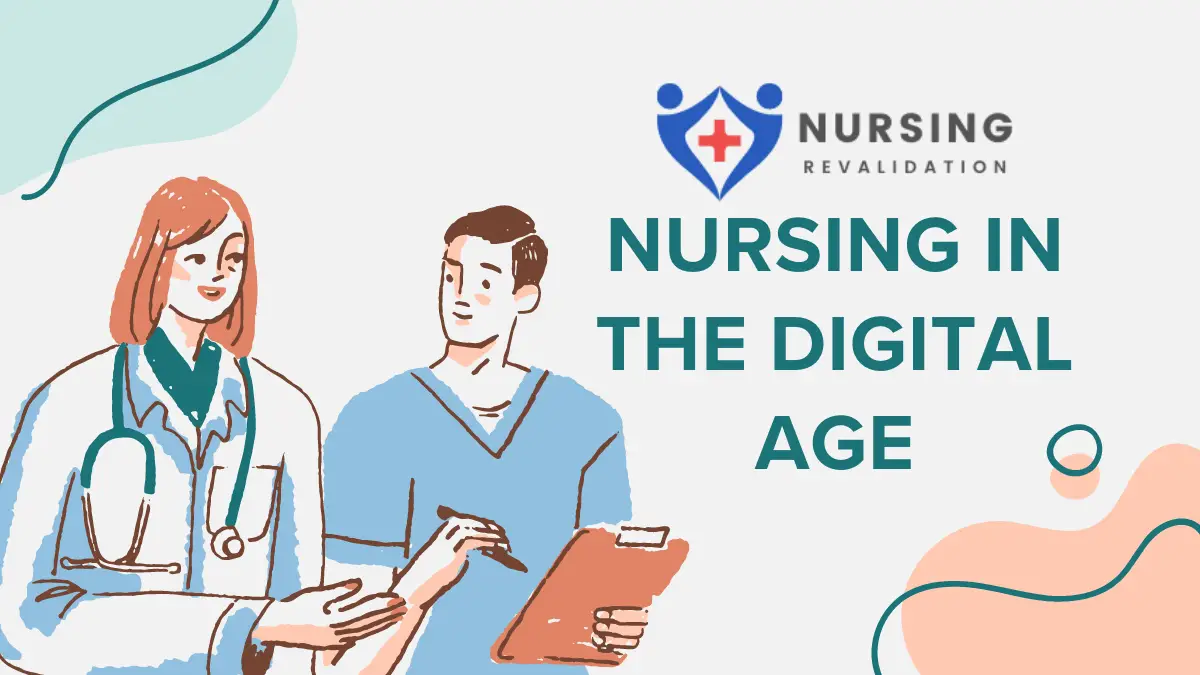In recent years, the healthcare landscape has undergone a significant transformation with the integration of digital technologies. Nurses, as frontline healthcare providers, have embraced this digital revolution, leveraging social media platforms to enhance patient care, disseminate information, and engage with peers globally. This comprehensive guide explores the nuances of nursing in the digital age, focusing particularly on the professional use of social media platforms.
Understanding the Role of Social Media in Nursing
In today’s interconnected world, social media has emerged as a powerful tool for communication and networking. For nurses, it offers a platform to share knowledge, discuss best practices, and stay updated on the latest developments in healthcare. However, it’s essential to understand the professional boundaries and ethical considerations associated with social media usage in nursing practice.
Ethical Considerations in Social Media Usage
Navigating the ethical terrain of social media in nursing requires a nuanced understanding of privacy, confidentiality, and professional boundaries. Nurses must uphold patient confidentiality at all times, refraining from sharing sensitive information or engaging in unprofessional behavior online. Adhering to the American Nurses Association (ANA) Code of Ethics and institutional guidelines is paramount to maintaining trust and integrity in nursing practice.
Table: Overview of Social Media Platforms for Nursing Professionals
| Social Media Platform | Purpose | Benefits | Considerations |
|---|---|---|---|
| Networking and knowledge sharing | Real-time updates, global reach | Character limit constraints | |
| Professional networking and career development | Access to industry insights, job opportunities | Limited engagement compared to other platforms | |
| Patient education and community engagement | Wide audience reach, multimedia sharing | Privacy and security concerns | |
| Visual storytelling and advocacy | Creative expression, engagement with younger demographics | Potential for misinformation due to image-centric nature |
Benefits of Social Media for Nursing Professionals
Despite the inherent challenges, social media offers a myriad of benefits for nursing professionals:
- Knowledge Sharing and Professional Development: Social media platforms serve as virtual learning communities where nurses can exchange ideas, access educational resources, and participate in discussions on emerging healthcare trends.
- Patient Education and Advocacy: Nurses play a crucial role in patient education and advocacy. Through social media, they can disseminate accurate health information, raise awareness about preventive care, and empower patients to make informed decisions about their health.
- Networking and Collaboration: Social media fosters collaboration among nursing professionals across geographical boundaries. Nurses can connect with peers, share experiences, and collaborate on research projects, ultimately advancing the field of nursing.
Best Practices for Professional Social Media Use
To harness the full potential of social media in nursing practice, it’s essential to adopt best practices:
- Maintain Professionalism: Nurses should uphold professional standards in their online interactions, refraining from sharing personal opinions or engaging in contentious discussions that may compromise their credibility.
- Respect Patient Privacy: Protecting patient privacy is non-negotiable. Nurses must obtain informed consent before sharing any patient-related information on social media and refrain from posting identifiable images or details without authorization.
- Verify Information: With the proliferation of misinformation online, nurses have a responsibility to verify the accuracy of information before sharing it with their followers. Referencing reputable sources and peer-reviewed literature is essential to maintaining credibility.
The Future of Nursing in the Digital Age
As technology continues to evolve, the role of nurses in the digital age will undoubtedly expand. From telehealth consultations to wearable devices monitoring patient vital signs, nurses will leverage digital innovations to deliver more personalized and efficient care. Social media will remain a cornerstone of professional networking and knowledge exchange, empowering nurses to drive positive change in healthcare delivery.
Conclusion
Nursing in the digital age presents both opportunities and challenges for healthcare professionals. By leveraging social media platforms responsibly and ethically, nurses can enhance patient care, advance their professional development, and contribute to the broader healthcare community’s collective knowledge. Embracing digital technologies with integrity and expertise will position nurses as indispensable leaders in the ever-evolving landscape of modern healthcare.

